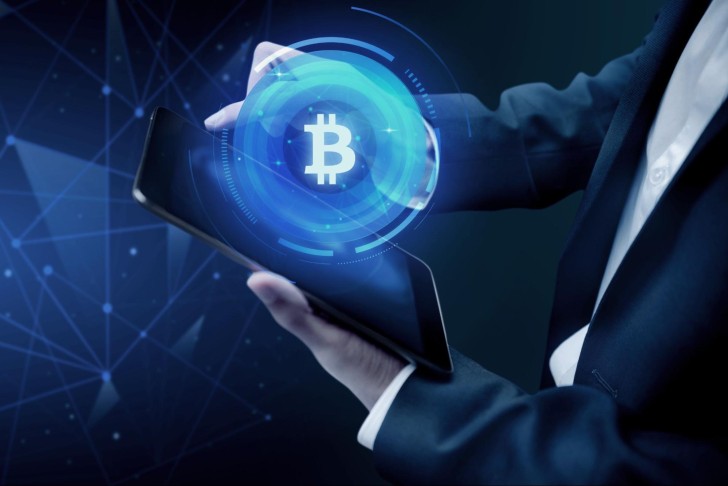The selection of a wise investment path includes safer and cheaper trading options. The choice of exchanges will never be as important as it is today, as the regulation tightens and the expectations grow.
The Evolution of Crypto Exchanges
Only half a decade ago, the independent operation of most exchanges was more or less free of oversight. Global regulators are increasingly intervening now with more explicit frameworks, in the form of Europe with MiCA legislation, and in the form of developing U.S. guidelines. These regulations are used to safeguard investors to increase transparency, and lower the risk of deceit.
Everything is not just about regulation. Another area that is changing with respect to exchange is deals with liquidity, custody, and innovation. One area where real decentralized trading has gained a significant niche is decentralized trading venues, where users can trade without any mediator. Centralized platforms, on the other hand, still sustain most of the volume due to their expediency and high-end features.
How to Choose a Crypto Exchange
The right crypto exchange is different for everyone. The institutional investor can be interested in having access to deep liquidity, sophisticated APIs, whereas a casual trader might just be interested in an intuitive design and low charges.
Nevertheless, there are universal factors that any investor should analyze. Some of them are security practices, transparency, available assets, costs, and the speed at which a transaction is made. More and more traders are using sites like CryptoManiaks, where these sites take data from different places where people trade and show it in a way that’s easy to get—no need to deal with difficult tech talk.
As the crypto sphere continues its growth, it is more and more essential to learn the peculiarities of each of the types of exchanges. Don't just look at the tech specs. Before you trust an exchange with your money, do your homework on its reputation:
- How do they treat their customers?
- Is the exchange aggressive in managing crazy market swings?
- Does it have a good track record?
This mix with the fundamentals of low fees, high liquidity, and a decent coin portfolio is a great way to make a much better decision and greatly reduce your risk.
Centralized vs. Decentralized
For a long time, everyone talked about crypto exchanges as if you had to choose one or the other. But in reality, the market is now blending the two. Some platforms now combine centralized order books with decentralized custody. Others offer a hybrid model, giving users control of their keys while still providing faster transaction speeds.
This recursion indicates that the future of exchanges does not lie in taking up positions, but rather in the combination of best practices of both systems.
Smarter Trading with Hybrid Exchanges
With the increasing crypto world, hybrid exchanges are providing the best between the two worlds. They merge the speed and deep liquidity of centralized and the self-custody and control of decentralized platforms.
That provides you with a strategic edge: large orders can be made effectively with centralized liquidity, and a non-custodial wallet can still be used to make smaller, riskier trades.
The Bottom Line
Gone are the days when crypto exchanges were just simple websites to buy Bitcoin. They have now matured into advanced digital financial platforms, with everyone having a bit of a menu of services in addition to basic trading.
At the end of the day, the right trade place for you mostly depends on what you value the most: tight security, getting the newest coins, or trading that’s easy and smooth.
 Editorial staff
Editorial staff

 Editorial staff
Editorial staff


